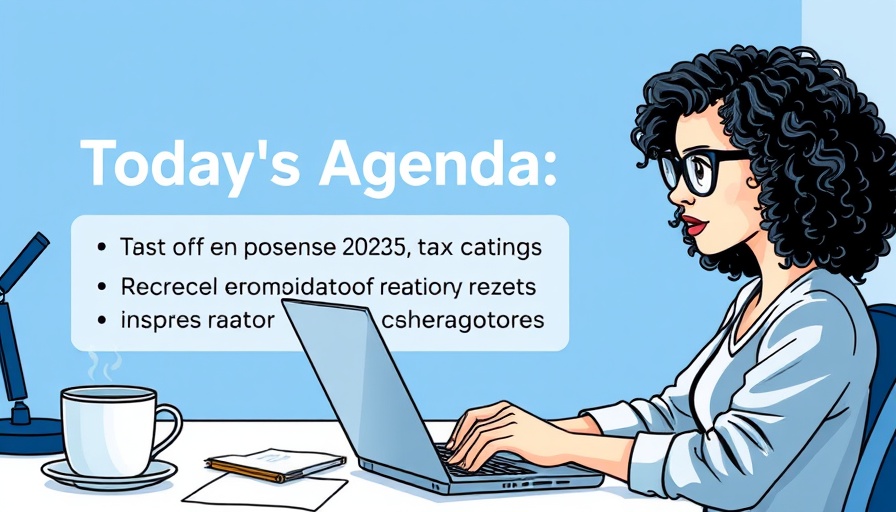
Deciphering US Tax Filing Requirements for Expats in 2025
For many Americans living abroad, navigating the complexities of US tax regulations can feel overwhelming. As we approach the tax year 2025, it becomes increasingly crucial for expats to understand and stay updated on their filing requirements. In this article, we will provide insights on what you need to know about US tax filing from abroad, with a focus on potential changes ahead and strategies to minimize your tax burden.
Understanding Foreign Income and Tax Obligations
Expats are still required to file US taxes regardless of their location or foreign income earned. However, the US is unique in that it taxes its citizens on worldwide income, which can lead to potential double taxation. Understanding foreign earned income exclusions, the Foreign Tax Credit, and the Streamlined Filing Process can significantly benefit expats aiming to maximize tax savings. For 2025, expats should familiarize themselves with options such as the Foreign Earned Income Exclusion (FEIE), which allows qualifying individuals to exclude a substantial amount of their foreign earnings from US taxes.
Potential Increases in Refunds: Key Changes for 2025
The upcoming 2025 tax year may introduce notable changes that could affect how expats prepare their taxes. For instance, discussions are ongoing regarding increasing standard deductions and potential tax credits aimed at reducing tax liabilities. The IRS has been improving its processes to accommodate those living abroad, which suggests that expats might see faster refunds as well. Understanding these adjustments can pave the way for better financial planning for American citizens overseas.
The Importance of FBAR and FATCA Compliance
Failing to file certain forms, like the Foreign Bank Account Report (FBAR) or FATCA (Foreign Account Tax Compliance Act), can result in severe penalties. US citizens with foreign bank accounts exceeding a certain threshold must report these accounts to maintain compliance. It is essential for expats to understand these requirements and take precautions, especially as both laws emphasize transparency in overseas banking.
International Payments Made Easy: The Role of FinTech Services
As more Americans work abroad, the need for effective international payment services is growing. Tools provided by FinTech companies can facilitate easier transfers and support expats with currency conversion issues. Utilizing platforms like Wise or others can streamline this process, allowing individuals to focus on their work rather than navigating currency complexities.
Future Predictions: What to Expect in the Global Tax Landscape
The financial environment for expats is evolving, particularly as governments worldwide seek to shore up tax revenues. The US has been collaborating with international partners to create more standardized tax reporting and compliance measures. Moving forward, expats might face increased scrutiny regarding their financial affairs and assets abroad. Preparing for changes and understanding the implications will be critical.
Practical Tips for Expats When Filing Taxes
As tax season approaches, expats should take specific proactive steps to ease the filing process. Maintain organized records of your income, foreign accounts, and any taxes paid overseas. Utilizing tax software tailored for expats or consulting with tax professionals specializing in expatriate issues can alleviate headaches. Furthermore, planning ahead and not waiting until the last minute can help avoid complications, ensuring a smoother experience.
Engaging with Local Tax Communities
Joining online forums or groups that focus on expat tax issues can also provide immense value. Not only can these platforms offer tips, but they also allow individuals to share experiences and strategies that worked for them. The expat community is a valuable resource, and engaging with it can lead to newfound insights that refine your tax filing practices.
For American expats, 2025 brings both challenges and opportunities in the realm of taxes. Staying debt-free while navigating the complexities of international taxes is doable with the right strategies. For tailored advice, consider connecting with a knowledgeable tax advisor who can further clarify requirements specific to your situation.
 Add Row
Add Row  Add
Add 




Write A Comment